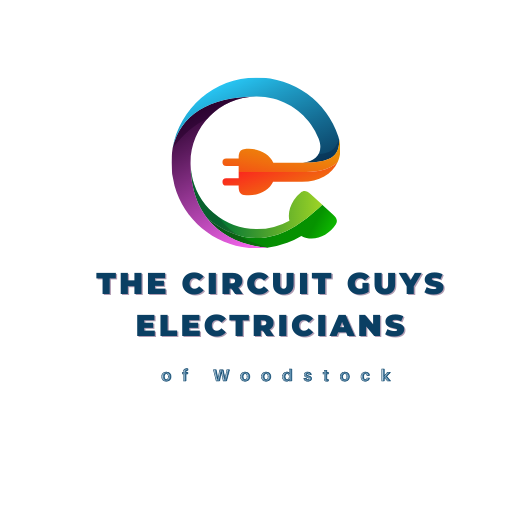When it comes to electrical code violations, there are many different types. There is no single code that covers all types of buildings or properties. Instead, each state has its own electrical code that regulates electrical installation in buildings. Each section of the code has specific rules that must be followed when installing electrical wiring in any given location. In most cases, these rules are there for your safety. However, it’s also important to understand the different types of violations that can occur. If you have been working in the electrical field for any length of time, you probably know about these violations and how to avoid them. However, it’s always a good idea to brush up on these details before taking on a new project.
Grounding
The most common electrical code violations involve grounding. In most cases, electrical code violations related to grounding are minor and can be resolved quickly. The most common type of grounding violation occurs when a building owner attempts to install their own grounding system. This is illegal in most cases, and it can lead to serious safety hazards if not corrected. In other cases, a contractor may mistakenly install the grounding system in the wrong way, which can also lead to serious safety hazards. The most important thing to remember when it comes to grounding violations is that they can cause serious safety hazards if not corrected. It’s important to hire a professional to do any grounding installation, and to inspect the system on a regular basis to make sure it’s still in good working order.
Underground Fault Finding
Another common electrical code violation is the failure to perform an underground fault finding. In most cases, an underground fault finding is a visual inspection of the underground wires in your property. This is an important part of the electrical installation process, and it’s essential to follow the proper procedures and regulations. If you fail to perform an underground fault finding, you may end up with a serious electrical hazard. There are several ways to perform an underground fault finding. The most common method is to dig a small hole in the ground at the center of the wires. Another option is to use a device called an earth sensor. These devices are commonly used by electricians to perform an underground fault finding. If you fail to perform an underground fault finding, you may end up with a serious electrical hazard. This can lead to a fire or a serious injury if the wires are not up to code.
Inadequate Protection Devices
The most common electrical code violations related to protection devices are the failure to use ground fault circuit interrupters (GFCIs), or the failure to use an overload protector. While these devices are crucial for protecting against serious injuries and fires, they are often neglected by property owners. The most common type of protection device violations occurs when a contractor fails to install the protection devices in a room with high voltage wires. This is a serious safety hazard that can lead to serious injuries and fires. The most important thing to remember when it comes to protection device violations is that the devices are not only for your protection. They are also there to protect everyone else on the property from serious injuries and fires.
Excessive Breaker Size
The most common electrical code violations related to breaker size are the failure to maintain the breaker panel. The breaker panel should be maintained on a regular basis to ensure that it is in good working order. If the breaker panel is not maintained, it can lead to a serious electrical hazard. The most common type of breaker panel violations occurs when a contractor fails to replace old breaker panels with new breaker panels. This can lead to a serious safety hazard. The most important thing to remember when it comes to breaker panel violations is that the panel is there for your protection. It’s important to maintain it on a regular basis, and to replace it when necessary to avoid a serious safety hazard.
Summing up
In most cases, electrical code violations are minor and can be resolved quickly. However, it’s important to understand the different types of violations that can occur. If you have been working in the electrical field for any length of time, you probably know about these violations and how to avoid them. It’s also important to understand the different types of violations that can occur. If you have been working in the electrical field for any length of time, you probably know about these violations and how to avoid them. However, it’s always a good idea to brush up on these details before taking on a new project.
